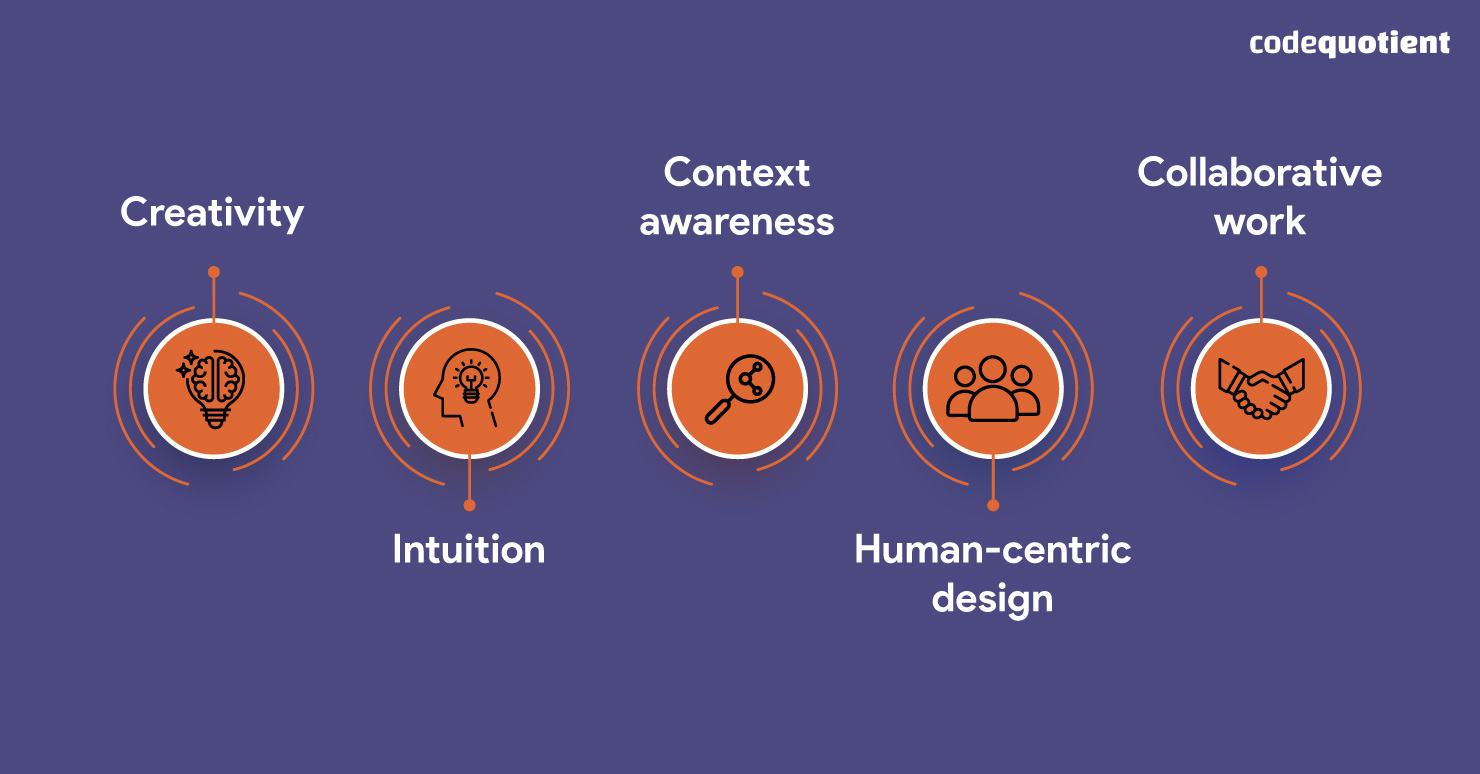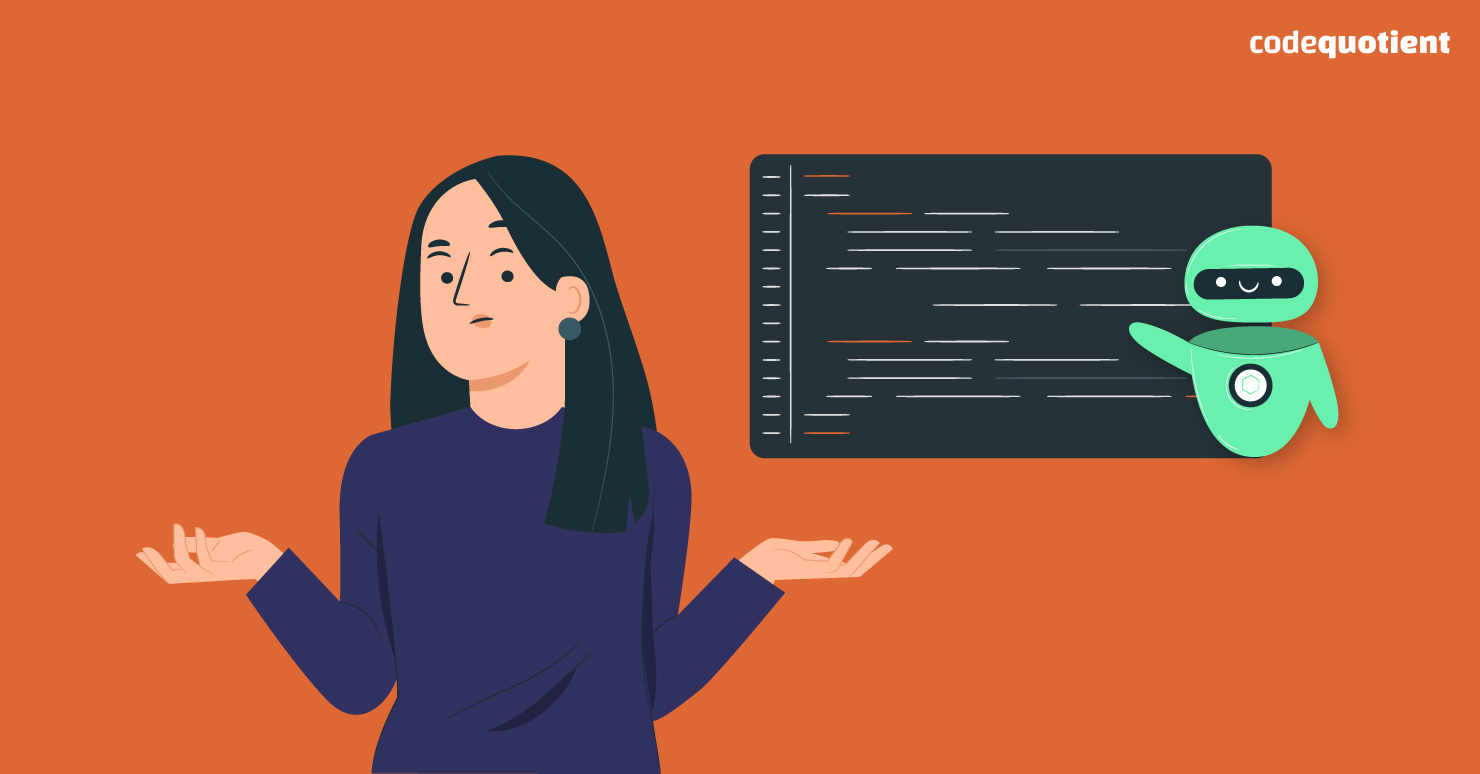As technology advances, artificial intelligence (AI) is becoming more prevalent in the workplace. One area that is seeing the impact of this trend is coding. With AI’s ability to automate specific coding tasks, there are concerns that it will replace software developers entirely.
However, the reality is more complex. While AI has the potential to automate some coding jobs, it does not mean that all coding jobs will disappear. AI is likely to create new opportunities for human coders with different skill sets.
In this article, we will explore why AI will replace some coding jobs, but not all of them, and how programmers can adapt to the industry’s changing landscape.
Why Would AI Replace Some Coding Jobs?
Artificial intelligence is a rapidly growing field of computer science that involves creating intelligent machines, software applications that can perform tasks that typically require human intelligence.
AI’s significant capabilities include machine learning, natural language processing, and deep learning.
AI can already perform several coding jobs with a high degree of accuracy. One example is code generation, where AI can generate code based on a high-level program description. AI can also be used for code optimisation to identify and fix inefficiencies in existing code.
Using AI in coding can provide several advantages, especially for repetitive and time-consuming tasks.
Coding Tasks: Benefits of AI
Here are some of the benefits of using AI for specific coding tasks:
1. Increased efficiency
AI can perform tasks much faster than humans. For instance, it can generate code automatically based on predefined rules or patterns for mobile applications, saving time and effort for human coders.
2. Accuracy
AI algorithms can reduce the risk of human errors during the coding process, improving code quality and consistency.
3. Scalability
AI can quickly scale up or down depending on the project’s requirements. It can quickly handle large amounts of data and code, which can be challenging for human coders.
4. Predictive analytics
AI can analyse vast amounts of data to identify patterns and predict future trends, which can help develop predictive application models.
Why Can’t AI Replace All Coding Jobs?

While AI has several advantages for specific coding tasks, its limitations prevent it from replacing all human coders.
One of the most significant limitations is that AI algorithms are only as good as the data they are trained on. This means AI algorithms cannot understand human emotions, culture, and values, which are often essential for designing human-centric applications.
Therefore, AI is less likely to replace coding jobs that require a nuanced understanding of human emotions, culture, and values.
For instance, designing user interfaces, developing chatbots, creating new algorithms, and developing unique software solutions require human skills and expertise.
Let’s look at the advantages of human coders for specific tasks:
1. Creativity
Human coders can bring a unique perspective and creativity to the coding process that AI algorithms cannot replicate.
2. Intuition
Humans have intuition and judgement, which allows them to make decisions that may not be easily quantifiable.
3. Context awareness
Humans can understand a project’s context and develop code specific to that context, which can be difficult for AI algorithms.
4. Human-centric design
Human coders can design user-friendly applications considering the end user’s needs and preferences.
5. Collaborative work
Human coders can work with other human coders and AI algorithms to enhance their code, develop new applications, and improve the performance of existing ones.
The Future of Coding Jobs
As AI becomes more prevalent in the workplace, some coding jobs will likely be automated.
However, there always will be a need for human coders. Instead, we are likely to see new coding jobs that require a different set of skills.
For example, there will be greater demand for coders who can design and implement AI systems, integrate AI with existing software, and ensure the security and privacy of AI-powered applications.
These jobs require combining soft skills, such as creativity, critical thinking, and communication. Therefore, these are likely to remain unscathed.
Tips for Programmers to Incorporate AI into Their Work
As AI becomes more integrated into the coding world, programmers must adapt and learn new skills. Here are some ways programmers can incorporate AI into their work:
1. Learning AI programming languages & tools
Coders can learn new programming languages and tools specifically designed for AI development, such as Python, TensorFlow, and PyTorch.
2. Collaborating with AI systems to enhance their coding jobs
Programmers can work with AI systems to identify and fix bugs, optimise code, and improve the overall quality of their software.
3. Developing new applications & products using AI
Coders can explore the possibilities of AI and develop innovative applications and products that leverage its capabilities.
Prepare Yourself for the Future: Learn with CodeQuotient
While it is true that AI has the potential to automate some coding jobs, it does not mean that all coding jobs will disappear.
It is crucial for human coders to stay up-to-date with the latest technological advancements in software engineering to remain relevant and in demand.
This is where programs like CodeQuotient’s Software Engineering Bootcamp can be valuable in preparing individuals for a successful career in the industry.
By offering comprehensive training and hands-on experience through collaboration with leading tech firms, candidates can gain the necessary skills to collaborate with AI systems and create innovative solutions. Contact us now!




